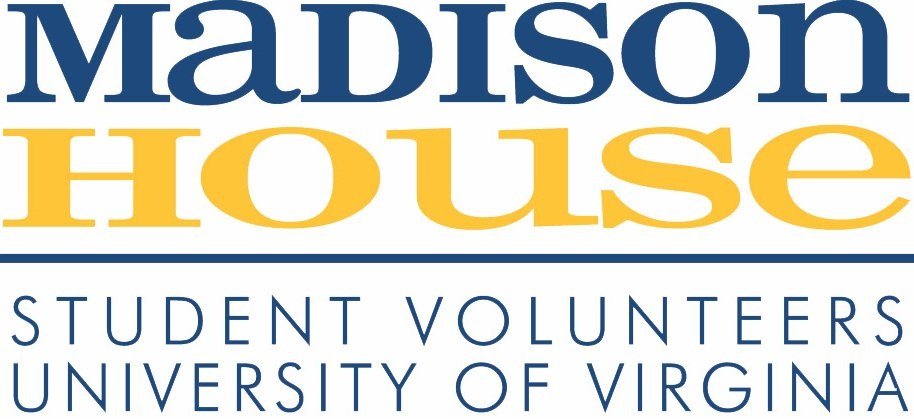At age 26, Shantell Bingham is Program Director of the Charlottesville Food Justice Network at City Schoolyard Garden, sits on the board of the Charlottesville Alliance for Black Male Achievement, chairs the Human Rights Commission and is a Dalai Lama Fellowship recipient. That list is just a few of her achievements. The UVa graduate and North Carolina native goes to work every day with one goal in mind: end food inequality and make sure everyone in the community has access to healthy and nutritious food.
“Right now that’s not the case,” Bingham said. “People of low income and of color have less access to healthy food options than others, for a number of reasons. That needs to change. I’m part of a collaborative movement that can make that happen.”
City Schoolyard Garden (CSG) is an organization that strives to engage our city’s youth in nature, growing food and cultivating healthy living skills. It does that by managing eight garden spaces at all public city schools, where children learn to appreciate the wonders of growing food.
“We think it’s important for kids to have an understanding of how food is grown and engage with nature. We do that in elementary schools, the middle school and the high school.”
The gardens offer students a chance to explore, learn and discover the many facets gardens have to offer. An owl habitat, worm compost bins, a recycled greenhouse and a butterfly garden are some of the things found in the gardens. In total, these garden encompass more than half an acre.
The Urban Agriculture Collective of Charlottesville (UACC) is another program under the umbrella of CSG that strives to not only bring communities closer together, but also to provide low-income families with healthy food options.
“As part of the UACC we manage three community gardens that produce around 10,000 pounds of produce,” Bingham said. “Most of the seedlings for these gardens come from the schools, so these two programs are very much connected.”
The three gardens are located on Sixth Street, Friendship Court and South First Street and service low-income families.
Lastly, as Program Director, Bingham spearheads the Charlottesville Food Justice Network, a collaboration of over thirty organizations that work together to end food inequality, raise awareness, educate the population and ultimately change policy.
“Food inequality is real and in order for change to happen, we first need to accept the messy truth of our past and our present,” Bingham said.

